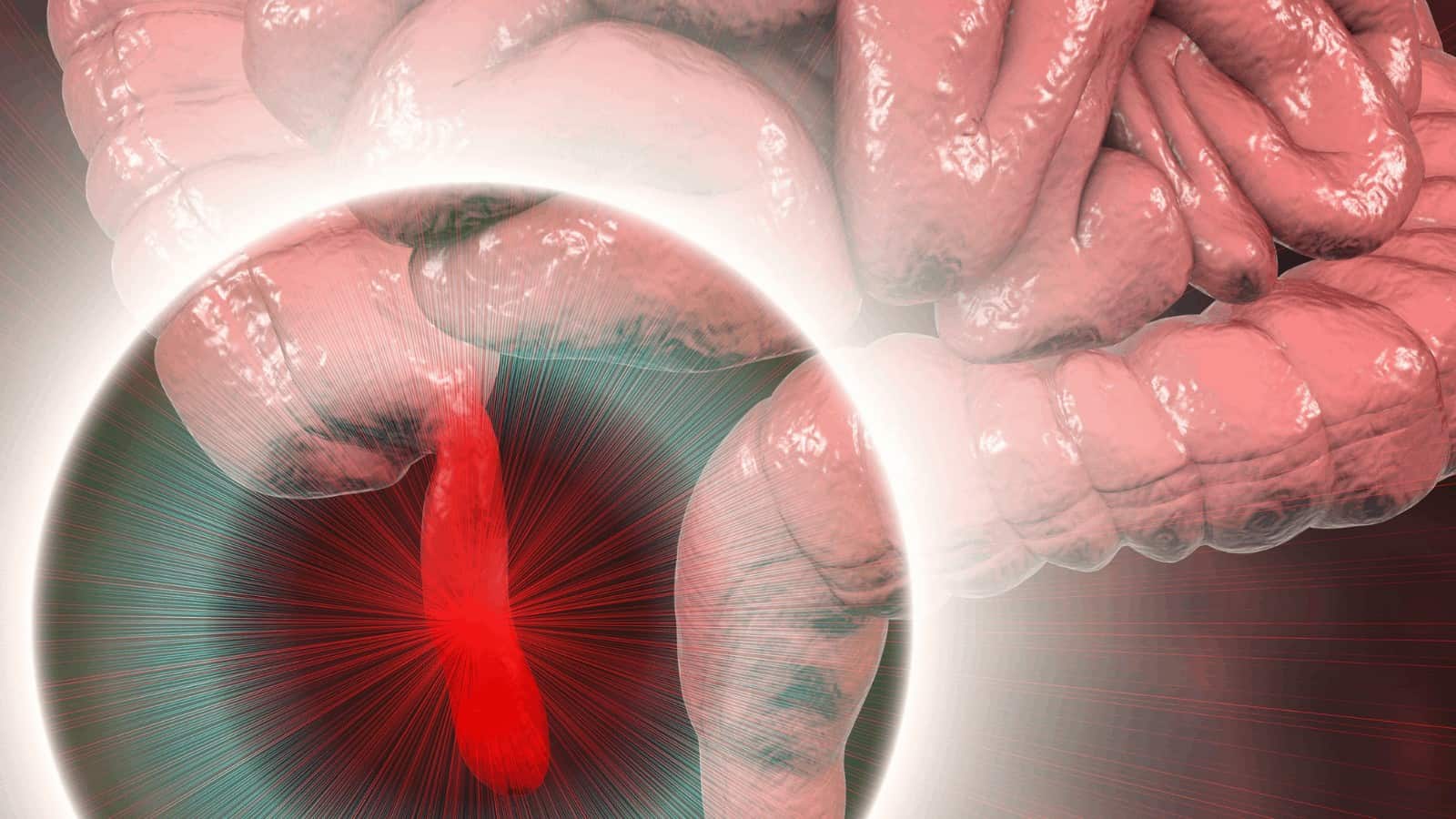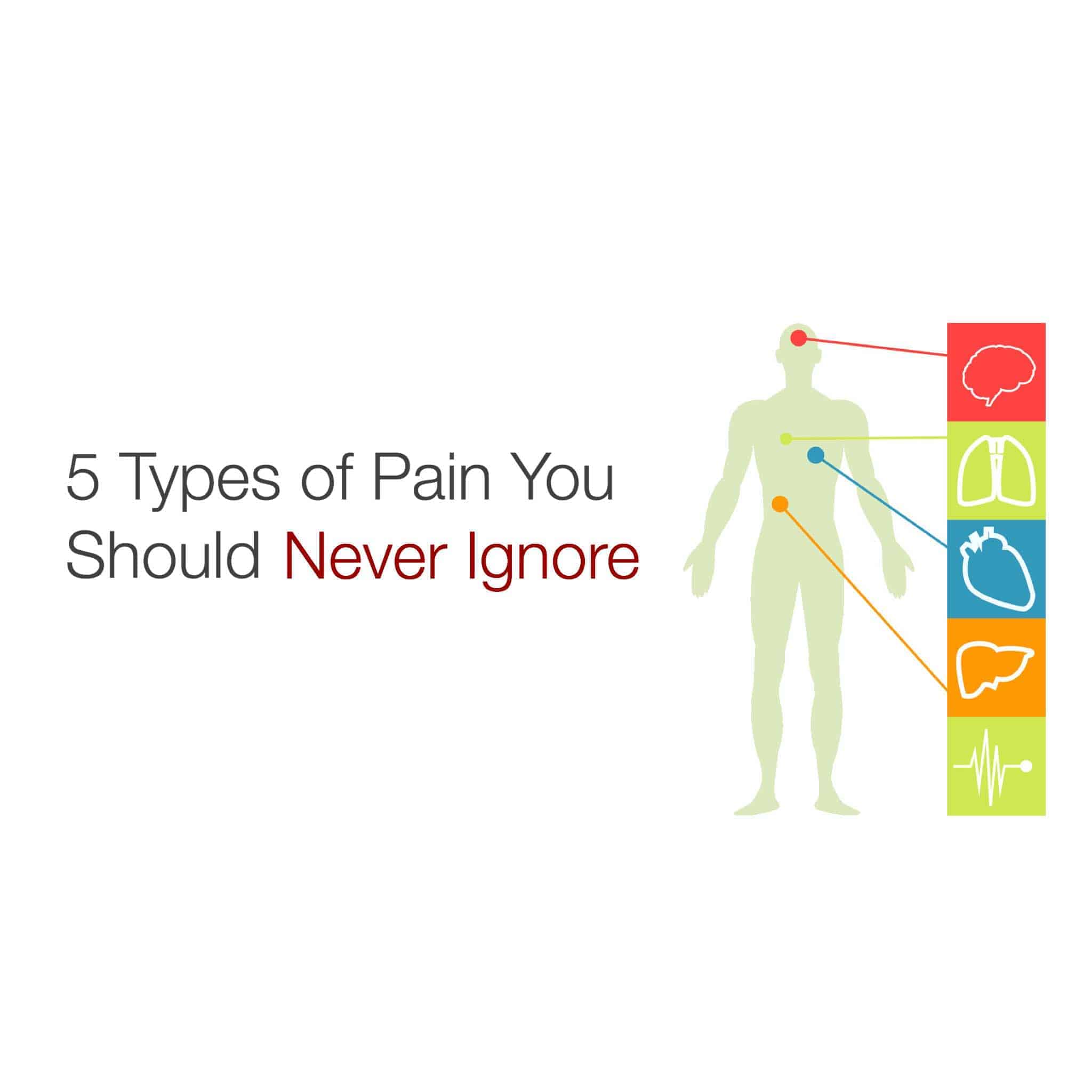An appendix rupture can occur when someone has appendicitis that is left untreated. Catching appendicitis before a rupture can save someone from a plethora of issues. The best-case scenario is preventing a rupture entirely.
No matter how quickly the appendicitis is notice, professional help is essential. Left untreated, appendicitis can cause uncomfortable, severe, and potentially life-threatening issues. However, removing it will likely be necessary.
Doctors say that when someone has the appendix removed, it doesn’t negatively affect your body. It doesn’t have an essential function, so removing it is often the best choice when there is the risk of a rupture.
Ten Red Flags That Reveal Someone’s Appendix Might Rupture
Appendicitis usually occurs in children and teenagers, but it can happen to anyone at any age. It’s also more common in males, but that doesn’t mean women aren’t at risk, too. If medical treatment begins quickly enough, a rupture can be prevented entirely.
1. Pain Around the Belly Button and Vomiting or Nausea
These classic signs that someone has appendicitis might rupture often occur together. The pain starts around the belly button, and vomiting occurs after the pain begins. After a few hours, the pain relocated to the lower right side of the abdomen.
Keep in mind that while these symptoms often happen together, they can still occur individually. Sometimes the abdominal pain feels like dull aching or cramping that gradually worsens. Other times, it causes sharp, localized pain on the right side that is more severe and constant.
For some people, though, pain from appendicitis occurs as pelvic pain. No matter where the pain is located or how the pain begins, if it suddenly becomes worse, it is a huge red flag that could reveal someone’s appendix might rupture.
You might also experience nausea or vomiting without the abdomen pain at first. In these instances, you will notice that nothing relieves the discomfort.
Likewise, you can also experience pain without nausea or vomiting. You might notice abdominal pain that gets worse when you walk, stand, jump, cough, or sneeze. The pain could become so intense that it occurs anytime you move or even breathe.
2. Fever
If someone has appendicitis, they might develop a low-grade fever. They will likely have the chills, too. If appendicitis gets bad enough and bursts, it will cause the fever to rise, though, indicating an emergency.
3. Abnormal Bowel Movements
If you are constipated or have diarrhea, it is a clear indication that something is wrong. Abnormal bowel movements are abnormal for a reason, as they indicate that there is something wrong. Your appendix might have become so swollen that there is an obstruction.
On the other hand, the infection could cause abnormal bowel movements. The abnormality could be either diarrhea or constipation, and it will vary for each person.
4. Having Trouble Passing Gas
Struggling to pass gas could appendicitis and reveal the risk of a rupture. This sign could mean other things, but it is a red flag, especially when paired with other signs.
Passing gas is normal, and it is a sign of good health, so don’t ignore the problem if you can’t do it. Having trouble passing gas could indicate a partial or complete bowel obstruction.
5. They Have Brain Fog
Brain fog is never a good sign, so it is essential to pay close attention if it happens to you. When you experience brain fog accompanied by other symptoms, it is a red flag. It is a sign that the infection has entered your bloodstream and getting worse.
Once the infection enters your bloodstream, it depletes the oxygen levels that reach your brain. Even a slight change in your brain can cause you to experience brain fog, and you should consider getting it checked out.
6. Bloated Abdomen
If your abdomen is bloated or swollen, it could be a sign that someone’s appendix might rupture. Anytime your stomach expands beyond its typical size, and there is no other explanation, it could be appendicitis.
Of course, your stomach will swell after a heavy meal, but if that isn’t the case, pay attention to it. If it doesn’t subside relatively quickly, it could be something more, though.
Appendicitis causes inflammation, and your body will react by adjusting and making more space. It is a way for your body to defend itself, but it can also cause other complications, such as blockages and worsening infection.
If you notice a swollen or bloated abdomen along with any of the other red flags, you should see a doctor. It is always better to be safe, and getting checked out will help you get better sooner.
7. Severe Cramps
Experiencing severe cramps is rare, but it does happen in serious cases. When cramping occurs, it is a huge red flag that a rupture is possible. It is a complicated red flag to watch for because it can occur for many reasons.
If you notice it along with any of the other signs, however, don’t ignore it. When you experience cramps due to appendicitis, they will usually originate lower in your abdomen.
8. Lower Back Pains
While the appendix is a tiny part of the body, it can cause quite a bit of pain. Usually, pain from appendicitis starts in the abdomen, but sometimes it can affect your blower back. Always pay attention to pain in your body, especially in your lower back area.
Lower back pain can indicate many issues, and appendicitis is one of them. Sometimes the appendix is located further back in some people, and that is when the lower back pain comes into play. The lower back pain might be dull at first, but it will become more intense over time.
9. They Feel Like They Constantly Have to Pee
A red flag that someone has appendicitis is that they have the urge to pee constantly. This urge will be painful, and it seems to linger, even after they urinate. If the appendix becomes so inflamed that it comes into constant with your bladder, it can also cause your urinary tract to become inflamed.
With an inflamed urinary tract, the person will feel like they always have to urinate. If you or someone else experiences this problem, watch for the other signs, too, and get checked out by a professional right away.
10. Decreased Appetite
Food is essential to living a healthy life, but some health problems can cause your appetite to disappear. If an appetite decreases, it is a red flag that something serious is going on. A lack of appetite isn’t something that you should ignore, either, as food provides nutrition, energy, and substance.
A person will never lose their appetite without reason. So, a decreased appetite combined with any of the other red flags is an indication of appendicitis. A loss of appetite is a sure sign that something is wrong inside of your body.
If the Appendix Has Already Ruptured
Many signs indicate appendicitis and a possible rupture, but the red flags can change when it has already ruptured. When the appendix first ruptures, there will likely be some relief from the pain and other red flags.
As it ruptures, there will be less pressure, decreasing the discomfort and pain. As the pressure releases, it eliminates the signs caused by swelling and bloating.
When the appendix ruptures, however, bacteria escape the intestine and enters the abdomen. Once the bacteria enter, the lining of the abdominal cavity becomes inflamed, also known as peritonitis. Peritonitis causes the following issues:
- pain across your entire abdomen
- constant and severe pain
- high fever
- increased breathing and heart rate
- chills
- weakness
- confusion
Additionally, peritonitis can cause an abscess of bacteria and pus in an attempt to block the infection from the rest of your abdominal cavity. An abscess creates further issues such as a sharp stabbing sensation and a persistent fever.
The abscess will only keep the infection localized for so long before it seeps into your bloodstream. When this happens, it causes sepsis, which is inflammation throughout your entire body. At this point, your symptoms will worsen, and it becomes life-threatening.
Identifying appendicitis and a possible rupture can prevent all of these complicated issues. The sooner a professional is involved, the easier the treatment will be. Plus, appendicitis won’t get to the point it becomes life-threatening.
Final Thoughts on the Red Flags That Reveal Someone’s Appendix Might Rupture
A ruptured appendix can be dangerous when left untreated. Knowing the red flags that reveal appendicitis can help prevent serious complications. When treated right away, however, a rupture might not occur.
Without a rupture, life-threatening situations won’t be as much of a worry. Having an appendix removed doesn’t have negative consequences on the body, either.
Seeking medical attention as soon as the red flags begin will make all the difference. Watch for these signs that someone has appendicitis to get ahead of the more serious problems. As long as the appendicitis is identified quickly, a full recovery is likely, so watch for these red flags.

















 Community
Community

